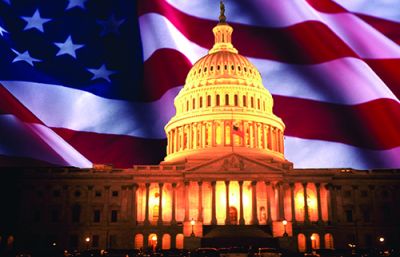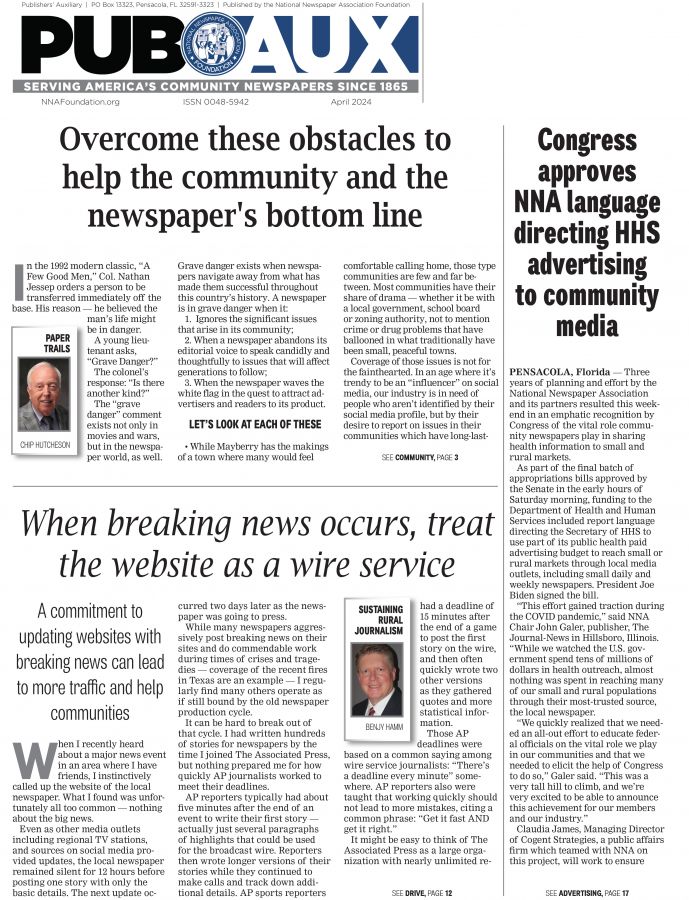Egbert v. Boule tests long-standing law that money damages are owed when certain constitutional rights are violated
Feb 1, 2022
The National Newspaper Association joined other media organizations in January to ask the U.S. Supreme Court to recognize the right of news reporters to recover damages when federal law enforcement officers violate First Amendment rights.
The court is hearing Egbert v. Boule this term, a case involving a federal border patrol agent’s — Erik Egbert — actions against a Washington-state bed-and-breakfast owner, Robert Boule, who objected to the agent’s pursuit of a guest at the inn.
Despite the objection, the agent questioned the guest — a resident of Turkey — about his immigration status.
In an altercation, Boule was pushed to the ground. After he called 911 and spoke with Egbert’s supervisors, it was confirmed the traveler was legally in the U.S.
Boule was allegedly later subjected to an IRS audit — prompted by the agent — after complaining to the agent’s supervisor.
The case tests long-standing law that money damages are available when certain constitutional rights are violated because other corrections are no longer available.
News organizations note that the principle applies to news reporters, for whom non-monetary damages might not apply. In a brief by Reporters Committee for Freedom of the Press, the journalists quote a 1976 precedent: “When retaliation chills reporting — when, for instance, an unlawful arrest drives a journalist from the scene of a newsworthy event — the impact on First Amendment freedoms is ‘immediate and irreversible,’ as much so as any classic prior restraint.”
NNA Chair Brett Wesner, president of Wesner Publications, Cordell, Oklahoma, said, “Reports of journalists harassed, threatened and even attacked for doing their jobs by covering protests, police shootings and outbreaks of violence in local communities have been alarming. We are not there to take sides. We are there to tell the story to the public, and we must remind law enforcement that we have a right to be there.”








